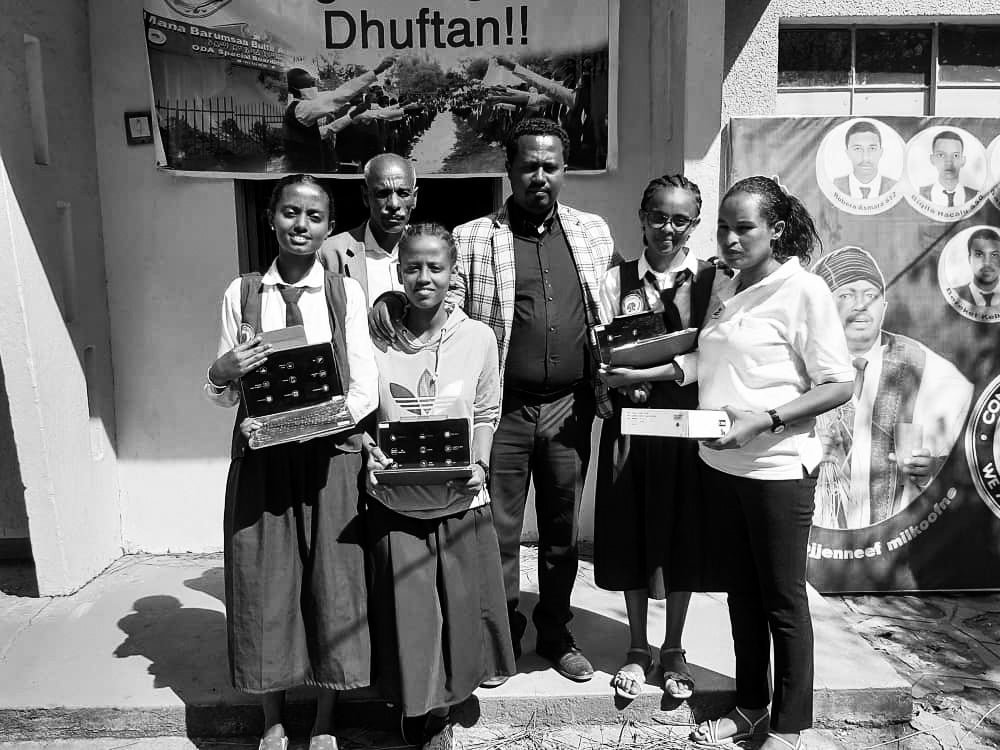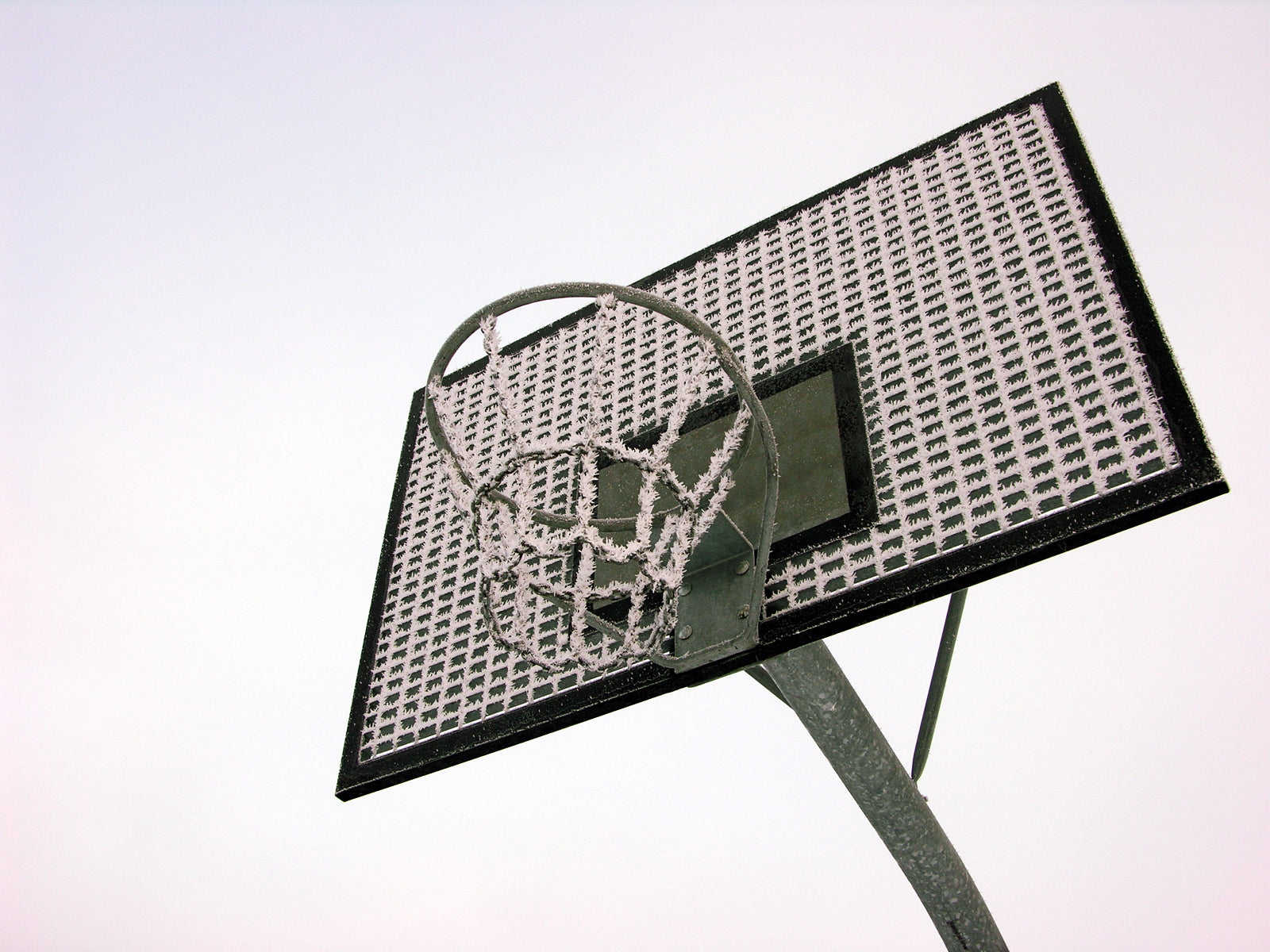Why Education
In Ethiopia, many girls face challenges of gender inequality that exclude them from school. Extreme household poverty, walking distance to school, inadequate school resources, lack of sanitation facilities, child labor and marriage, and female genital cutting are among obstacles that prevent girls from education. Lack of education means girls forced into informal labor market at an early age. They will never reach their potential to become positive forces in their communities, and remain trapped in a vicious circle of poverty.
For every 100 boys enrolled in secondary education, there are approximately only 77 girls. All children have a right to quality education and making this a reality for girls goes a long way. Educated girls grow into women who have healthier and better-nourished babies, who contribute to their community, and are the key to breaking the vicious cycle of poverty for their families.
Empower them to protect them against:
HIV
Staying in school longer has a protective benefit in reducing the risk of HIV infection. Higher levels of educational attainment among women are also associated with increased control over sexual and reproductive health and rights.
Child marriage
A relatively high incidence of early marriage occurs among rural girls, those who had no formal education, and unemployed girls. Empowering rural girls through increased access to education is needed to reduce the incidence of early marriage.
Abuse
Gender-based violence robs girls of education. Schools have the opportunity to be a safe haven and place to learn about rights against abuse and find help. However, too often cases of schoolrelated, gender-based violence occur, including corporal punishment and sexual abuse from peers and authorities.

How it Happens
Sana Crown has partnered with the Oromia Development Association (ODA) to assist in funding the room and board for girls attending the ODA Special Boarding School (Adama branch). For many young girls in that region, funding is an enormous obstacle they have to overcome, and relieving them of that burden opens them up to new opportunities.

Our Process
Step 1: A Purchase is made.
Step 2: 20% of our profit from each sale is set aside in a fund.
Step 3: At the end of each year, the money from our fund is donated to the ODA Special Boarding School.
Step 4 : The fund contributes to the education of Ethiopian young women. Our partners use the funds to help provide resources or cover the cost of young girls attending their boarding school or living in the area.


